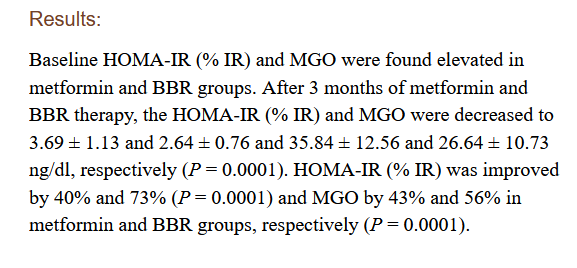Anyone following Brad’s (from Fire in a Bottle, FireInABottle) SCD theory? If you go to that website, select Blog, there’s a set of posts directed to his SCD theory.
I’ve been taking berberine, which is an SCD inhibitor. I also drink 1 cup of Pu-Erh tea a day (started drinking this months ago, before Brad’s posts), which is also an SCD inhibitor. This does seem to be limiting my hunger. At dinner multiple times, I’ve not been hungry, but ate because the family was. But I did eat a lot less.
Now, I’ve also been eating a high saturated fat diet for a while. While I initially got a huge decrease in hunger, there were issues. One was that I could eat a pretty normal dinner, even if I ate a lot of saturated fat for lunch. There was at least once where I ate lunch but no dinner, as I was not hungry, however. But this effect has waned over time, and I did not like mixing certain carbs with saturated fat. For instance, sweet potatoes and I don’t get along. And if I have normal croissants, I can seemingly eat them with no off switch.
Anyway, the high saturated fat diet MIGHT be having an effect over time. I read the half life of PUFA in our fat cells was two YEARS, meaning if you start getting rid of PUFA from your fat cells today, two years from now, it’s 50%, four years from now, it’s 25%. And that assumes you put no PUFA into your cells. Personally, I still eat chicken and pork, both of which are high in PUFA. So, it’s a very complex calculation.
(I have switched a lot of my meals to beef, but my wife cooks a lot of the meals for dinner. Those include chicken and pork, since these are easy to cook. Also, chicken can be difficult to replace. There’s no equivalent to chicken wings or fried chicken, for instance.)
If anyone else is taking berberine, let me know what you’ve found out. I’ll also be trying the stirculea oil. I can report back.



